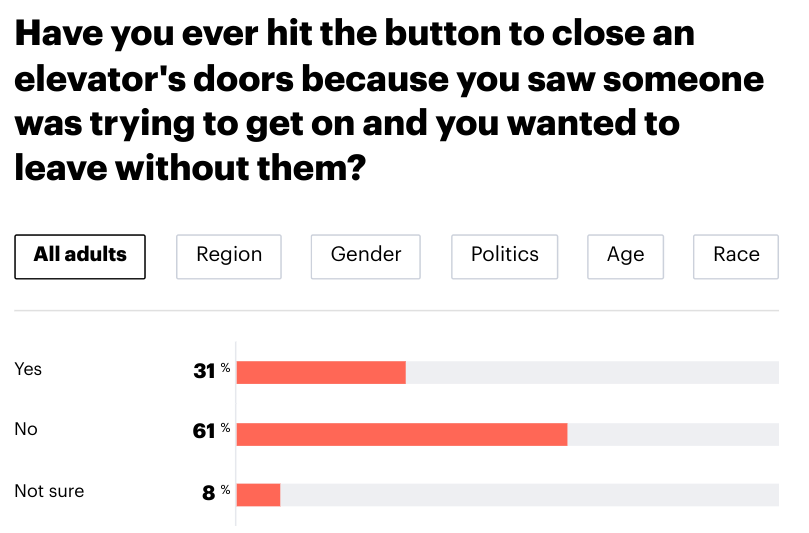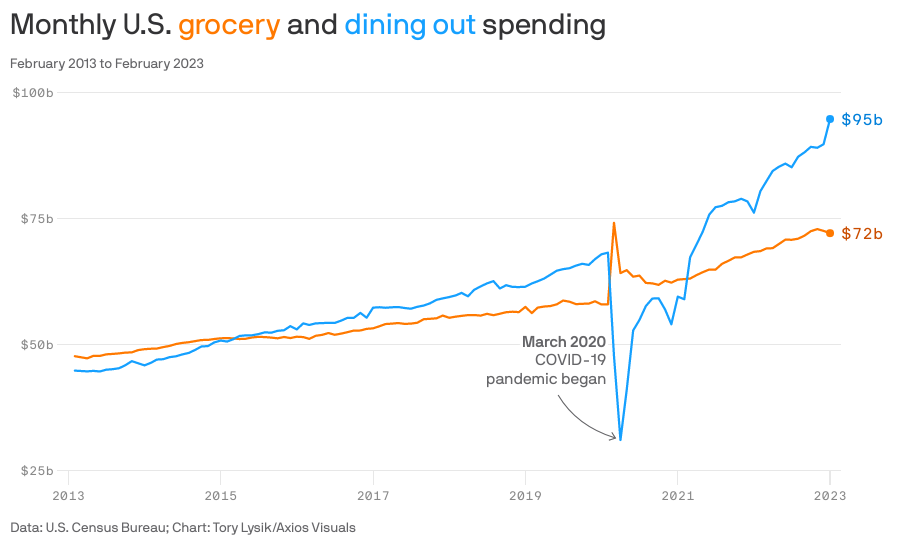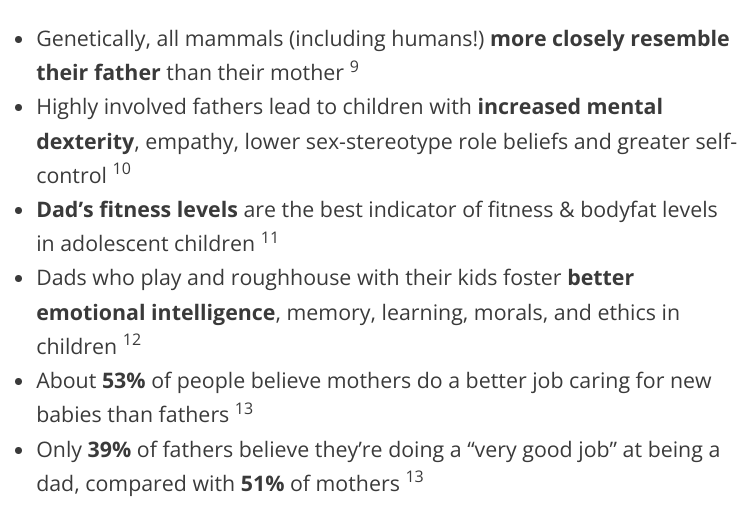April 2023
Hey all,
While COVID granted me some extra days to spend time with my kids when we were sick, it never had the power to remove my commute. As an OT, there’s no replacing the hands-on approach with patients so I never had the opportunity to work from home.
That means I have about 7 hours a week of time with myself during my weekday Burbs <-> Philly commute. Not being one to do anything purposeless, this means I listen to my fair share of podcasts and audiobooks, get in some breathwork and moments of mindfulness, and even a mini workout here and there (a hand gripper and simple isometric exercises go a long way).
It also means I catch glimpses of other people in their deceptively public cars all around me. While there’s no shortage of drivers protruding their heads forward and mouth breathing, a significant amount of stress and anxiety is screaming from within. Drivers white knuckle the steering wheel with brows furrowed, jaws clenched, and shoulders hovering around their ears. It’s unfortunate that “the commute” is thought of simply as an A to B thought process instead of an opportunity to spend our finite time in a more meaningful way.
While not every car ride can be a sanctuary, the time is what you choose to make of it.
Drive well,
Brian
P.S. Car health tip: Make sure to have that recirculating air button lit up if you’re anywhere but in an isolated and rural environment to prevent exhaust from getting sucked into your car and your lungs.
P.P.S. I’ve since written an entire article on 9 ways to be healthier in the car.
April Blog Posts
Mind
10 Life Lessons I Learned As An Occupational Therapist: Part 3
An Interview With The Co-Author Of The Millionaire Next Door
Body
What To Do If Your Testosterone Levels Are Low: 6 Proven Strategies
Should I Avoid Red Meat? Exploring The Controversy & The Science
The 13 Best Tips To Lower Body Fat
Dad
Guest Post
I wrote an article for Days of a Domestic Dad:
The MBD Corner
Mind
Alan Alda wrote a great article on 3 rules to express your thoughts clearly.
Make no more than 3 points
Explain difficult ideas in 3 different ways
Make important points 3 times.
Is there a correlation between TV time and dementia? The findings were interesting:
”Watching television is associated with increased risk of developing all-cause dementia, while computer use is associated with reduced risk of developing dementia.Unlike other health outcomes, associations between sedentary behaviors and dementia are not strongly diminished with high levels of physical activity.”
The Atlantic wrote an article titled, Would you have a baby if you won the lottery? They looked at studies to find the differences in how men and women behave after hitting it big, with some mega surprises.
“A team of economists studying a large pool of lottery players in Sweden found that when men win the lottery, they become a lot likelier than demographically similar lottery losers to get married (if they were lower-income and unmarried before their win), and they have more children. On its face, that supports the work-life-balance idea. But when women win the lottery, the only big change in their behavior is divorce: Divorce rates for women almost double in the first couple of years after winning the lottery.”
Another study found something similiar. “It found that winning made both men and women more likely to marry, but that the effect was stronger for men, and that while it decreased divorce rates for men, it increased them for women. Men seem to use their newfound resources to build families, while women use them to exit families.”
Body
A great article called, “How fake sugars sneak into foods and disrupt metabolic health” by the Washington Post.
Calorie restriction has consistently shown that it can improve longevity in animals but human studies are scant and weak. Until now. This study on caloric restriction showed that reducing calories by 25% slowed biological aging by 2-3% on 1 measure (DunedinPACE) but it had no effect on the other 2 measures.
While slowing biological aging by 2-3% is nice, I feel for the men and women who reduced their caloric intake by 25% for 2 straight years. Quality of life > quantity. I would love to have seen measures of bone density, muscle mass, stress, and quality of life measured throughout this study. For now, I’ll stick with my biweekly 24-hour fasts, 18:6 intermittent fasts, and pushing away from the table when I’m short of full.
Axios graphed the amount spent on groceries vs. dining out. While inflation plays a role on both ends, I don’t think we’ll ever see that blue line below the red one in our lifetime.
Interested in HIIT (High-Intensity Interval Training) but have no idea where to start? Here’s A 19 Minute HIIT Workout for Beginners.
Managing rheumatoid arthritis (RA) with the Paleolithic Ketogenic Diet (PKD). More on the diet here.
Dad
This is a fascinating read on “The Unintended Consequences of “Lack of Supervision” Child Neglect Laws” which was published in Society for Research in Child Development. Here are some takeaways.
14 states have laws and policies that include age limits which may be untethered to child development principles for when children can be unsupervised.
”…child protective authorities in Georgia recently criminally charged a mother for allowing her 14-year-old daughter to babysit (Skenazy, 2022), at odds with the Red Cross training babysitters starting at age 11 (Fuller & Redleaf, 2015).”Understand that child rearing constantly requires risk management, but that undue risk aversion is not “risk free” for children. Work to balance concerns about risk with the understanding of the benefits of independent experiences.
Dad Stats from Dad Fixes Everything:
Recess Is Good For Kids. Why Don’t More States Require It? A good read by
“Recess, [the AAP reports], gives kids the freedom to problem-solve, navigate emotional problems with their peers and independently learn how to interact in the world. Other reports show that having unstructured downtime also benefits children in the classroom, aiding them with memory and cognition. Because of data like this, the AAP guidelines specified that recess “should not be withheld for punitive or academic reasons.”






